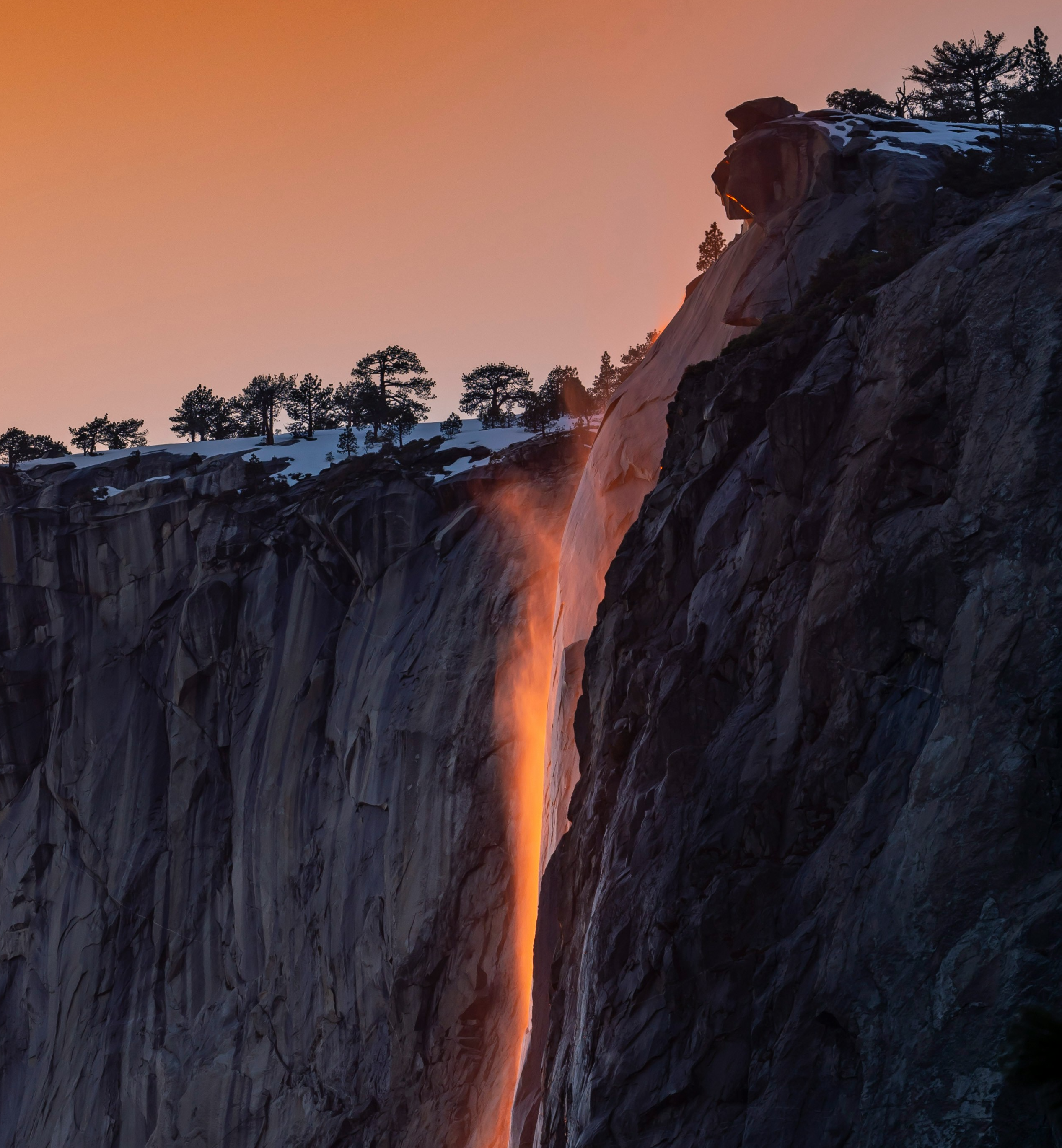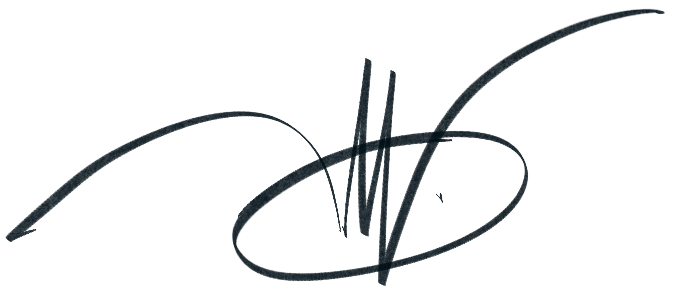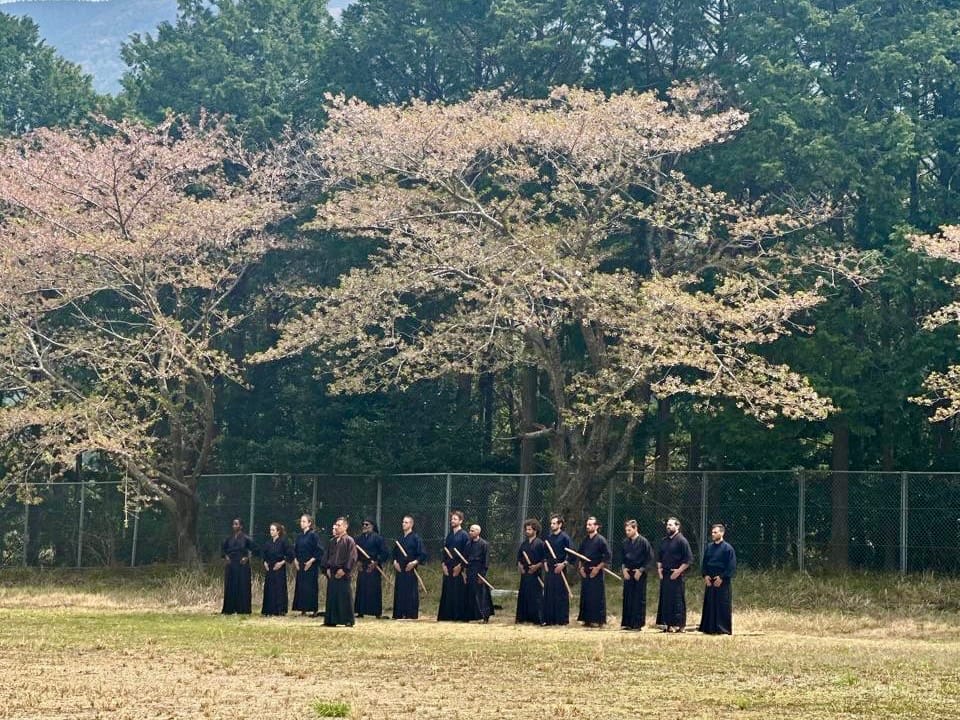
The Line of Agency
Sometimes you come across a concept so powerful that it shifts the entire way you see reality.
Reading time: 12 minutes.
I've looked into the topic of Agency for a long, long time. As I shared previously, conversations with my family point to as far as primary school.
This means that for over 3 decades I've wrestled with questions like:
- in the face of oppression and threat, what makes people choose to comply or to resist — and find ways to hold pockets of sanity, and care?
- when we have all the information about what needs to be done, why it matters, we have the means to do it and we know we care about it — why is it that we still can't take action?
- when we have access to (any kind of) power, what makes someone use it in a way that hurts, or in a way that heals?
When I gave my first TEDx in 2017 on this, as yet another millennial entrepreneur riding the wave of the internet, I thought it was about structuring information better, and using technology to build the right frameworks and processes.
I see it very differently now.
Not because that's not valid anymore. It is.
But because once I combined power, behavior, and agency and I added the layer of somatics and most specifically kinesiology — a whole new dimension opened up to me.
One that, while coming from "modern science", offers a remarkably similar perspective to the one that ancestral traditions offer — just spoken in a language our culture is more familiar with: biology, physics, and genetics.
And that changed everything for me.
So what is the Line of Agency?
The first thing it's important to clarify is that no one calls it "the Line of Agency" — at least to my knowledge today. I gave it this name.
I needed to give language to what I found after exploring many different branches of modern and ancestral science, when it became clear that there is a pattern.
More specifically, there is a threshold.
There are different takes on it — but it all boils down to:
- below this threshold, we are reactive, devitalized and forceful
- above this threshold, we are more vital, responsive and we can access states of aligned power.
And while it might seem like a great concept, it's more than that. Because, through some of the methodologies I explored, this threshold is actually measurable — experientially, and scientifically.
So what has this to do with agency?
Being above or below that threshold determines pretty much everything in our life. But especially, it determines whether the things we do carry energy and power to make the difference for what we care about, or not.
Above the line, whatever we do can shift things.
Below the line, whatever we do can only repeat or propagate tension.
And that's why I call it the Line of Agency.
Because it's about more than wellbeing and awareness work to me.
In a time characterized by a deep sense of powerlessness and reactive states of unprecedented violence, carried out under the flag of "being right" or "knowing better" — that line might be everything we need to know.
It might tell us about the difference between the kind of state that enables us to make a difference, and the state that makes us think that we're doing that — while we're just falling into traps, and repeating the damage. Over and over again.
So — how do we work with this?
How does this line actually work, and how do we get back above it?
I've explored many avenues and currents of practice over the last few years, that eventually led me to the concept of the Line of Agency — and a few stood out for their unique framing or the effectiveness of their tools.
So to answer this question, I'd love to do 3 things over this mini-series:
- shed light on some of my key references;
- share about how I navigated (and struggled) with them, and why — and why I think our western modern culture is in real trouble about this;
- share the practices and the tools that made the difference for me, especially when I started to combine different fields — not to say you have to do the same, but because my own journey might give you insight on how you could trace your own.
And if I had to choose one main reference (and personal game changer) to start from — I have no doubts: it's David Hawkins's work on Power VS Force.
On Kinesiology, Physics and the Science of Agency
I had to take a decision here.
How deep do I need to drag you with me into the very nerdy and very technical aspects of David Hawkins's work?
And the verdict is: not at all.
Zero.
Those of you that are nerdy and committed enough to feel like diving into physics, attractor fields, non-linear dynamics, kinesiology, electromagnetism and case studies — you can buy the book, read it and hit me up (seriously) so we can discuss about it. I find it absolutely fascinating and relevant for any field of work and study today.
Or you can ChatGPT your way through it — if you believe in those shortcuts.
For the rest of you, hi. I think there's another way we can dive in.
Because while Hawkins' work gave me a crucial map and framework of reference, it was only when I added the layer of somatics and ancestral practices that the link to agency actually emerged — and especially how we can effectively work with it today, in our culture.,
And to get into that you don't need to know everything about his model, or understand how it works. The same applies for the other references I'll share about.
The only 3 things you need to know about David Hawkins' are:
- His work maps human consciousness on a scale from 0 to 1,000 (logarithmic), showing how our inner state — from shame and fear, to neutrality, to love and enlightenment — shapes our perception of reality, our behavior, and our ability to impact the world (and how);
- one of his core insights is that at level 200, which he refers to as "the line of integrity", we shift from living in force (ego-driven survival and reactivity) to embodying power (in courage, truth and alignment), which transforms how our entire system works, and how we relate to ourselves, others, and life itself.
- Hawkins' work demonstrates that anything and anyone calibrating below 200 (so in states of shame, guilt, apathy, grief, fear, desire, anger or pride) "lacks integrity" — meaning: it's energetically weakening for everyone involved, and it creates net-negative effects even when driven by good intentions.
Yes.
The most important thing to know about his perspective of this threshold is that when we're below it — it doesn't matter what we do: it's scientifically proven that it will only carry the same energetic imprint.
This means that:
You can help someone, but if you do it from unresolved pride, it will carry that imprint — and it will devitalize both you and them.
You can be worried for loved ones and you might want to share with them what you know, but if you're coming at it with the desire to reform them, it will carry that imprint — and will result in more resistance, more friction and more fragmentation.
You can get involved or invest in impact projects, but if you do it from anger, pride or desire to prove something (even unconsciously), it will carry that imprint — and will result in more of that, across the board.
The cases are endless. Measured, and documented.
And it didn't really matter anyway to me — because the more I read through Hawkins' work and the more it intuitively resonated and gave language to my lived experience.
That's what hit me the most.
Because when we look at the emotional states below the line (shame, guilt, apathy, grief, fear, desire, anger or pride) we can quickly agree that, in our culture, most of us live there, in that range, most of the time.
In fact, we do most things from that state — even in the well intended, yet still below the line, changemaking, climate action, policy or innovation sectors.
So suddenly it's not really a surprise if things are turning out the way they are — right?
For any effort coming from below the line carries no actual regenerative power.
Why does any of this matter?
I don't know. Does it?
Does this matter in a time of rampant, exponential, destructive powers? Does it matter in a time of disruption, separation and violence repeated and amplified by constant, short-sighted reactivity?
Does it matter when even those of us that have beauty, community and life at heart so often are dragged into states that make our attempts sterile? Does it matter when we spread the very tensions we want to reduce — not knowing what we're actually, vibrationally doing?
I don't know.
I don't know if it matters to anyone else. But I can't shake off the feeling that the ability to be in a state of agency no matter what happens around us, might soon be everything that will actually matter, and make any difference.
And that takes practice.
And, I came to realize at my own cost, that in our culture we're not in great shape for it.
From finding a threshold, to hitting a wall.
Coming across this concept of the threshold and in particular Hawkin's work wasn't just intellectually revealing.
It was crushing.
Why?
For a few reasons — but the main one being: because when I tried to work with Hawkins' tools to make my way above the line, I couldn't.
I tried, and tried and tried, and I couldn't.
And that set me on quite a journey.
Which led me to discover, amongst other things:
- that models like Hawkins' one assume you can feel the difference between lower and higher states — but for who experienced trauma (especially over a prolonged time) safety and “above 200 states” are completely foreign. Our nervous system can't register them, so we can't automatically align with them.
- that ~1/4 of my muscles were completely offline and numb because of both personal and inherited trauma, which traditional healing systems didn't understand or couldn't do anything about
- that the last decade of technology, which Hawkins couldn't factor in (he died in 2012) created a further, deep array of somatic and cognitive injuries — from infants to adults, that directly impact our agency long term
and more.
So the journey wasn't just personal anymore — but cultural: heavily disembodied, traumatized, chronically distracted and fragmented — I think we don't realize how far our western modern culture is from a true, healthy baseline.
And what that's costing us.
But this is already a much longer piece than usual — so I'll pause here for today. But as you can tell, there's much I've learned, and much I'd love to share.
Especially around my process of identifying the right practices that would actually make the difference for our culture, or what does this mean for (any form of) activism, especially in the age of technology and AI.
And I want to share about this because I feel this matters.
Because I knew, at heart, that I wasn't in my agency. But this journey revealed a whole different dimension to it, and I want to do what I can to share effective tools for others who might feel the same way.
What you can do in the meantime
- Seriously, buy the book. Or get lost on Reddit.
- Check out this ChatGPT summary I prepared with specific prompt to make sure you ask it to help you apply this in your life, and not just get lost in more insights
- Most especially — get into practice with a focus on this. And if you don't know how or don’t have practices of your own, I made a collection of mines. It's the same practices I use myself everyday — they're result of these years of research, trial and errors and intense work to reclaim and re-member my way up above that line. I'll share more about this, I promise.
See you in practice.
With love, always
~M



